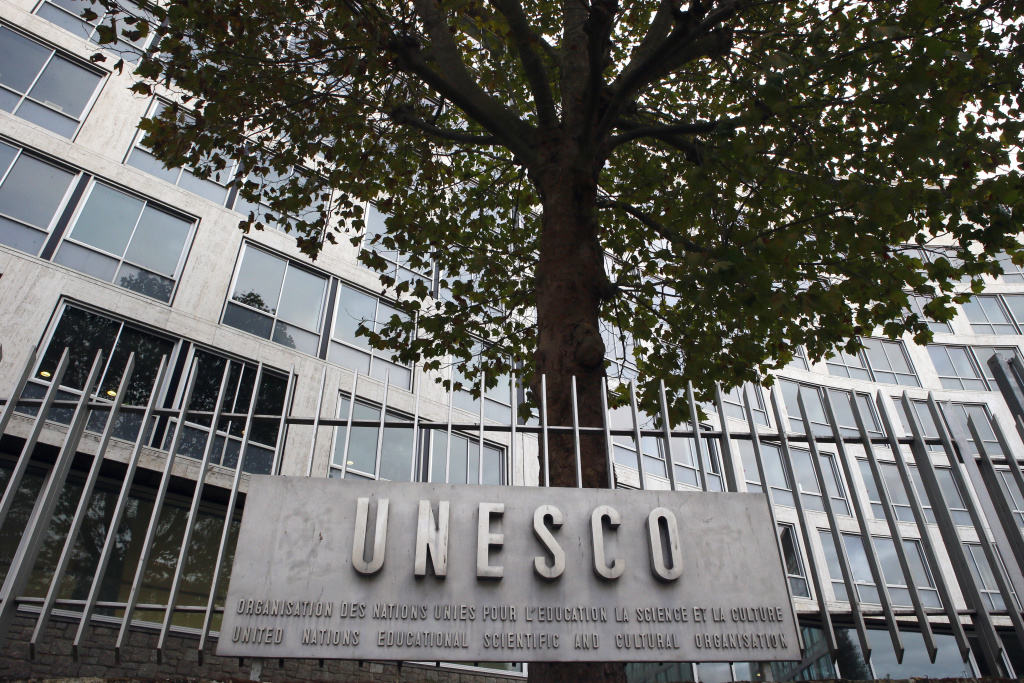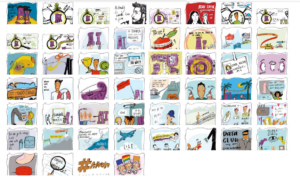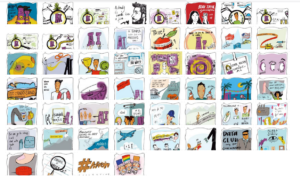AI Governance

Open consultation on regulatory approaches for AI
Following extensive expert consultations and discussions with parliamentarians, UNESCO have released a consultation paper in English for public consultation on AI governance..
UNESCO encourages stakeholders, including parliamentarians, legal experts, AI governance experts and the public, to review, and provide feedback on the different regulatory approaches for AI. You can read the consultation paper here.
The Consultation Paper on AI Regulation is part of a broader effort by UNESCO, Inter-Parliamentary Union and Internet Governance Forum’s Parliamentary Track to engage parliamentarians globally and enhance their capacities in evidence-based policy making for AI.
The Paper has been developed through:
- Literature review on AI regulation in different parts of the world.
- A discussion on “The impact of AI on democracy, human rights and the rule of law” with parliamentarians from around the world at the IPU Assembly in Geneva, 23-27 March 2024.
- Capacity building workshop co-designed and co-facilitated by UNESCO on 25 March 2024 at the IPU in Geneva and three webinars on the subject that were organized by IPU, UNESCO and the Internet Governance Forum (IGF) for parliamentarians to inform the development of the discussion paper.
- Discussion with Members of Parliament at the Regional Summit of Parliamentarians on Artificial Intelligence in Latin America held in Buenos Aires on 13 and 14 June 2024.
The deadline for comments is 19 September, 2024.




